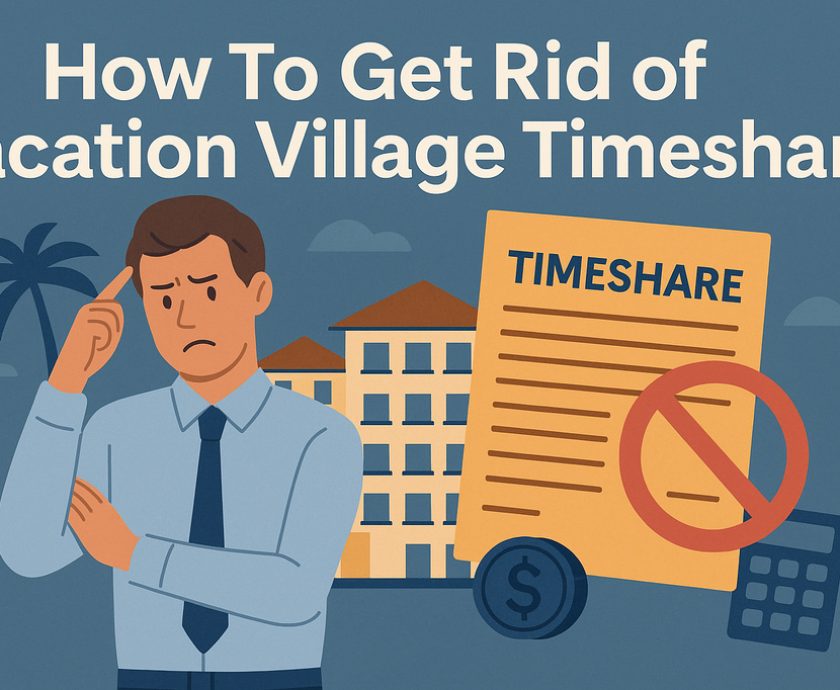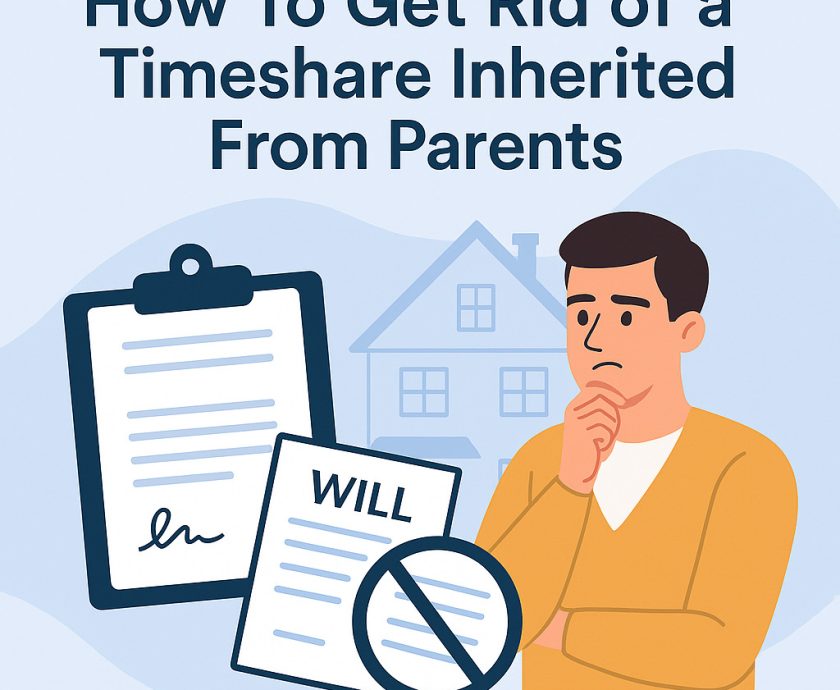Timeshare Contract Loopholes: What Owners Should Know

Timeshare Contract Loopholes: What Owners Should Know
1. Misrepresentation and Fraud During the Sales Process
One of the most common legal arguments used to void a timeshare contract is misrepresentation. Timeshare sales presentations are often high-pressure environments where details can be exaggerated—or omitted altogether. If you were told:
- Your timeshare would appreciate in value
- You could easily rent or resell it for a profit
- Maintenance fees would remain low
- The property is an “investment”
…then you may have grounds for cancellation. These statements, if proven to be false or misleading, could be considered fraudulent inducement, which is a legal basis to challenge the enforceability of the contract.
Loophole: If you have written, recorded, or witness-backed proof that the timeshare was sold under pretenses, you may be able to exit the agreement.
2. Failure to Disclose Full Terms
- The length of the contract (which may be “in perpetuity”)
- The scope of special assessments
- Restrictions on usage or booking windows
- Inheritance clauses
3. Breach of Contract by the Developer
Timeshare developers and management companies are also legally bound to uphold their end of the agreement. If your timeshare company:
- Fails to maintain the property
- Denies access or availability during promised time slots
- Unilaterally changes ownership rights
- Imposes unexpected fees or restrictions
…you may be able to claim breach of contract. Contracts work both ways, and if the company doesn’t deliver on their obligations, you have the right to challenge the validity of the agreement.
Loophole: If you’ve documented consistent failures or policy changes by the resort, it could help you cancel or renegotiate the contract.
4. Inheritance Loopholes
Many timeshare contracts include an automatic inheritance clause, meaning the debt and financial responsibility can be passed down to heirs. However, in most states, heirs have the legal right to refuse an inherited timeshare —but they must act quickly and file the proper paperwork.
Loophole: If you are the beneficiary of a timeshare and don’t want the obligation, you may be able to reject it legally by Filing a disclaimer of interest. This action typically must be completed within nine months of the original owner’s passing to avoid automatic acceptance.
5. Ambiguous or Unenforceable Clauses
Contracts filled with vague, overly broad, or unconscionable clauses may not hold up in court. Common issues include:
- Mandatory arbitration clauses that limit legal rights
- Perpetual ownership obligations with no escape
- Severe resale restrictions without valid reason
Loophole: A timeshare attorney can identify unenforceable language and challenge it successfully.
Final Thoughts
While timeshare contracts are designed to be intimidating, they are not bulletproof. From sales misrepresentations to illegal clauses, several legal loopholes may allow you to cancel or renegotiate your contract.
If you’re feeling trapped, don’t assume you’re powerless. Schedule a free consultation with Legal Lions Firm to explore your options and move toward financial freedom today.










